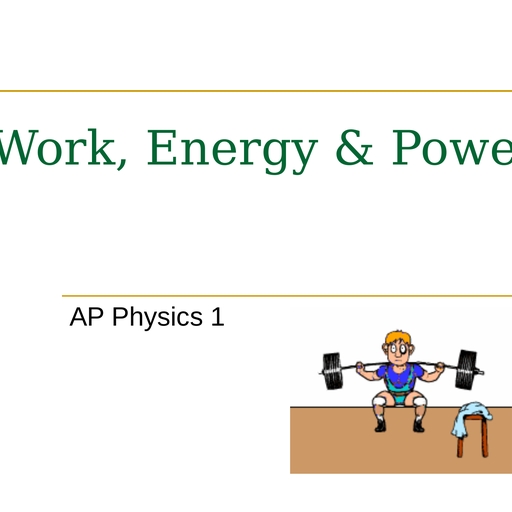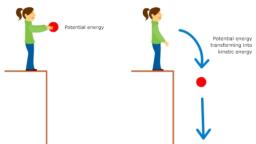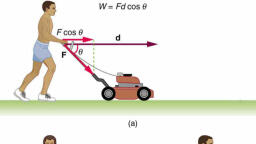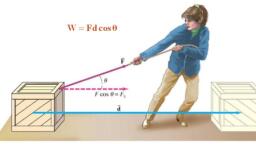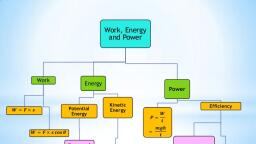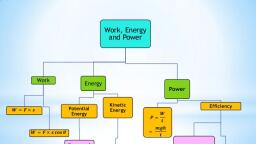Question Text
Question 1 :
The upward force exerted by the floating body on the fluid is known as upthrust.
Question 2 :
When an object is thrown up from the surface of the earth, the force of gravity:<br/>
Question 4 :
Weight on earth : _______ : : Weight on moon : 50 N
Question 5 :
Buoyant force exerted by a fluid on a given body is :
Question 6 :
Assertion: Floating ice is less submerged in brine than in water.
Reason: Density of brine is more than the density of water.
Question 7 :
Two solids A and B float in water. It is observed that A floats with half of its volume immersed and Bfloatswith$2/3$of its volume immersed. The ratio of their densities is
Question 8 :
The acceleration due to gravity at the poles and the equator is $g_{p}$ and $g_{e}$ respectively. If the earth is a sphere of radius $R_{E}$ and rotating about its axis with angular speed $\omega$, then $g_{p}-g_{e}$ is then given by
Question 10 :
As per the request of one of his friends from equator, Rahul buys 100 gram of silver at the north pole. He hands it over to his friend at the equator. The weight found by friend will be __________  the weight of silver bought.<br/>
Question 11 :
A spherical planet, far out in space, has a mass $M_0$ and diameter $D_0$. A particle of mass $m$ falling freely near the surface of this planet will experience acceleration due to gravity which is equal to:
Question 12 :
A $60kg$ man is inside a lift which is moving up with an acceleration of $2.45\ {ms}^{-2}$. The apparent percentage change in his weight is:
Question 13 :
A mass of $M$ at rest is broken into two pieces having masses $m$ and $(M-m)$. The two masses are then separated by a distance. The gravitational force between them will be the maximum when the ratio of the masses [$m:(M-m)$] of the two parts is:
Question 15 :
When the radius of earth is reduced by 1% with out changing the mass, then the acceleration due to gravity will<br><br>

